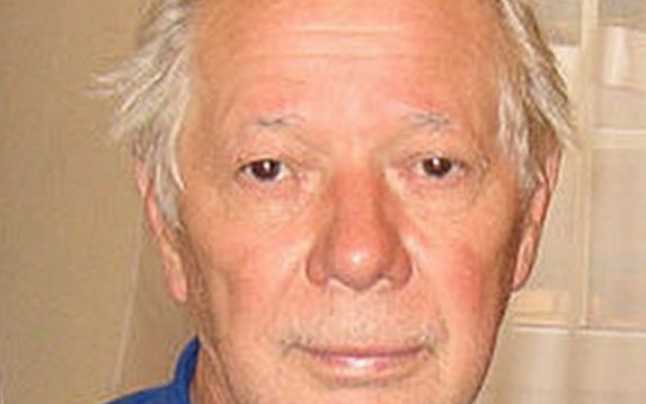Police officer Tudor Stanica one of the communist officials who ordered Romanian dissident Gheorghe Ursu be tortured to death has died at the age of 84.
He died on Dec. 30, Romanian media reported. He had been ill for several years.
Stanica and his subordinate Mihai Creanga were both convicted in 2003 on charges that they had ordered Ursu’s cellmate to kill Ursu in November 1985.
Each was sentenced to 20 years in prison. But Stanica was released on medical grounds after serving just 11 months, and Creanga was released after five years.
Ursu’s son Andrei Ursu contested the veracity of the medical certificate. Both Stanica and Creanga worked for the regular police, not the Securitate secret police and took part in Ursu’s interrogation. Two Securitate officers were acquitted in July over Ursu’s killing, a ruling that was criticized by government officials.
Stanica gained notoriety for his methods of torturing convicts in prisons.
Despite being arrested for political reasons, after criticizing the then dictator, Nicolae Ceausescu, Ursu was not charged with political offenses but for the illegal possession of a small sum of foreign currency and thrown into a jail with ordinary criminals.
Previous trials over Ursu’s death implicated Ursu’s cellmate, Marian Clita, who was sentenced to 20 years in prison in 2000 after he confessed that he’d beaten Ursu to death after being ordered to do so by jailers.
Ursu’s son insists that Clita’s confession was a performance aimed at protecting those who ordered his father’s death from justice.
The infamous communist-era Securitate police played a crucial role in the survival of the regime for more than four decades.
In July this year, Stanica was granted parole again, which was criticized by Liberal lawmaker Alexandru Muraru.
„This situation…. raises serious questions about the functioning of our judicial system. I call on the Prosecutor General’s Office to immediately challenge the decision of the Bucharest Court of Appeal to interrupt the sentence. It is unacceptable for an individual convicted of such serious crimes to be practically amnestied from justice, citing medical conditions, while victims and their families suffer,” Muraru said.
In July, Romania’s top court acquitted two Securitate officials who were on trial for crimes against humanity for torturing Ursu to death.
Libertatea reported that the communist henchman had been suffering from a number of serious illnesses for several years.
According to Ursu, his father kept a journal containing criticisms of Ceausescu. It was destroyed partly to conceal the political nature of the case.
Political dissidents were regularly presented as common criminals under Ceausescu, who wanted to avoid being seen to lock up political prisoners in order to protect his good relations with the West.
Securitate files show that Ursu was targeted for criticizing Ceausescu’s response to a 1977 earthquake that claimed more than 1,500 lives in southern Romania and damaged numerous buildings in Bucharest.
Ursu was part of the team of experts tasked with the consolidation of the buildings that had been affected by the earthquake.
He was outraged at the decision to suspend these works so the dictator could direct more resources to building the People’s House, the huge palace that today hosts Romania’s parliament.
Ursu denounced Ceausescu’s attitude in a letter read on Radio Free Europe, which provided millions of Romanians with uncensored news about their country.
His defiance infuriated Ceausescu, and the engineer was then arrested.
The US Congress considered the Ursu case when it withdrew the Most favored Nation’ clause from Ceausescu’s Romania in 1987 considering it a breach of human rights.
















